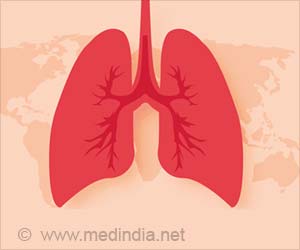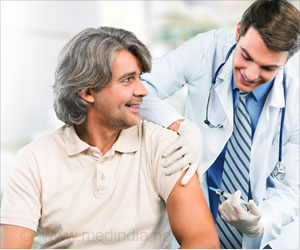The World Health Organisation has issued a warning that the dangerous multidrug resistant tuberculosis is fast becoming a serious threat to global health.
The World Health Organisation has issued a warning that the dangerous multidrug resistant tuberculosis is fast becoming a serious threat to global health.
In its latest report on the hard-to-treat multidrug resistant forms of TB, the WHO said it had documented the highest proportion of such cases of tuberculosis ever at about five percent.It estimated that 440,000 people worldwide had multidrug resistant tuberculosis (MDR-TB) in 2008 and that a third of them died, out of 9.4 million new cases of tuberculosis each year.
Almost half the drug resistant cases were estimated to have occurred in China and India.
One-quarter of all TB patients in northwestern Russia were found to have the multidrug resistant form, a proportion never seen before, according to the report.
"We confirm in that report that MDR-TB is really a serious threat to global health," said co-author Matteo Zignol.
"We estimated approximately half a million cases every year. And only a small proportion of them, seven percent, get a diagnoses and treatment," he added.
Advertisement
But 58 countries have reported the lethal and worst form of the disease -- extensively drug resistant XDR-TB.
Advertisement
The WHO found that in Africa just two laboratories are certified to diagnose XDR-TB.
"Still in many, many countries, there is not yet capacity for diagnosing and treating multidrug resistant TB," said Zignol.
"So these people continue to spread the infection before they die. That's why the response to MDR-TB has to be prioritised because it's not enough to do good basic control."
Resistance is fuelled by interruptions in treatment courses and poor quality medicines, the report said.
Treatment also becomes far more costly.
While a course of standard drugs costs about 20 dollars, multidrug resistant varieties cost up to 5,000 dollars to tackle while XDR-TB treatment is even more expensive, according to the WHO.
Source-AFP
SAV











